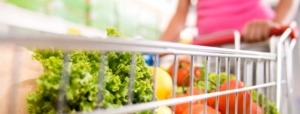EWG Nutritionist Recommends Diet High in Fruits and Veggies
3/13/2018 11:55 AM
In a March 12 blog post, a nutritionist with the Environmental Working Group (EWG), Dawn Undurraga, made the following statement: “Dietary links to cancer have long been established, with about a third of cancer cases estimated to be preventable through more healthful diet and lifestyle choices. Diets high in fruits, vegetables, whole grains, nuts and legumes are known to reduce the risk of cancer.”
While Undurraga’s statement might seem commonplace for a nutritionist, it was made on the eve of the EWG’s annual release of its so-called “dirty dozen” list which disparages the most popular and accessible fruits and veggies which have been repeatedly shown to be very safe. Peer reviewed research has also shown the “dirty dozen” list’s fear-based messaging may discourage consumption among low income consumers of any produce – conventional or organic.
For years, the Alliance for Food and Farming has attempted to learn why and how EWG routinely makes contradictory and confusing statements when it comes to produce. One day they are calling fruits and veggies “dirty” and advising against consumption and the next they are recommending consumers eat more every day for better health, like in Undurraga’s blog post. This “dirty dozen” list juxtaposition is also very apparent in EWG’s “Food Scores” and “Good Food on a Tight Budget” reports where they state conventional fruits and veggies are “best foods” and encourage increased daily consumption.
The health benefits of eating more organic and conventional produce, as Undurraga states above, is based upon decades of nutritional studies that show a plant-rich diet can lower the risk of heart disease, stroke and cancer. In fact, one peer reviewed study found that if half of all Americans increased their consumption of a fruit and vegetable by a single serving each day, 20,000 cancer cases could be prevented annually.
With only one in 10 Americans eating enough produce, it is time for EWG to stop confusing consumers and instead help spread the scientifically supported “eat more organic and conventional produce” message in a consistent and clear manner.
EWG is a multi-million dollar organization which enables them to use celebrities, celebrity chefs and politicians among their many spokespersons. Imagine what EWG could do to improve diets if they put their considerable resources toward consistently promoting produce, instead of disparaging it.




Leave a Reply
Want to join the discussion?Feel free to contribute!